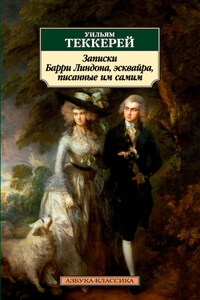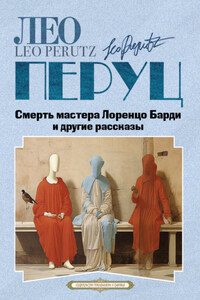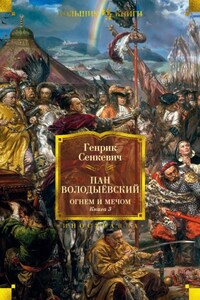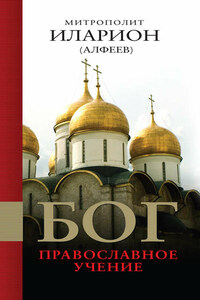Preface to the second edition
We two – the author and his illustrator – did not know what we had done until the newspapers told us. But the press has explained it in the following poised and consistent criticism:
“Too many suggestions of profanity.”
– Congregationalist, Boston, 8 Dec. ’92.
“It ought to be the delight of the nursery.”
– National Tribune, Washington, 22 Dec. ’92.
“Grotesque and horrible.”
– Zion’s Herald, Boston, 21 Dec. ’92.
“Some excellent moral lessons.”
– Citizen, Brooklyn, 27 Nov. ’92.
“If it has any lesson to teach, we have been unable to find it.”
– Independent, New York, 10 Nov. ’92.
“The story is a familiar one.”
– Detroit Free Press, 28 Nov. ’92.
“Refreshingly novel.”
– Cincinnati Commercial Gazette, 17 Dec. ’92.
“It is a burlesque.”
– Atlantic Monthly, Dec. ’92.
“All those who love lessons drawn from life will enjoy this book.”
– Christian Advocate, Cincinnati, 2 Nov. ’92.
“The style of this production is difficult to define.”
– Court Journal, London, 26 Nov. ’92.
“One wonders why writer and artist should put so much labor on a production which seems to have so little reason for existence.”
– Herald and Presbyterian, Cincinnati.
Now the public knows exactly what sort of book this is, and we cannot be held responsible.
CHAPTER I.
How Sir Godfrey came to lose his Temper
There was something wrong in the cellar at Wantley Manor. Little Whelpdale knew it, for he was Buttons, and Buttons always knows what is being done with the wine, though he may look as if he did not. And old Popham knew it, too. He was Butler, and responsible to Sir Godfrey for all the brandy, and ale, and cider, and mead, and canary, and other strong waters there were in the house.
Now, Sir Godfrey Disseisin, fourth Baron of Wantley, and immediate tenant by knight-service to His Majesty King John of England, was particular about his dogs, and particular about his horses, and about his only daughter and his boy Roland, and had been very particular indeed about his wife, who, I am sorry to say, did not live long. But all this was nothing to the fuss he made about his wine. When the claret was not warm enough, or the Moselle wine was not cool enough, you could hear him roaring all over the house; for, though generous in heart and a staunch Churchman, he was immoderately choleric. Very often, when Sir Godfrey fell into one of his rages at dinner, old Popham, standing behind his chair, trembled so violently that his calves would shake loose, thus obliging him to hasten behind the tall leathern screen at the head of the banquet-hall and readjust them.
Twice in each year the Baron sailed over to France, where he visited the wine-merchants, and tasted samples of all new vintages, – though they frequently gave him unmentionable aches. Then, when he was satisfied that he had selected the soundest and richest, he returned to Wantley Manor, bringing home wooden casks that were as big as hay-stacks, and so full they could not gurgle when you tipped them. Upon arriving, he sent for Mrs. Mistletoe, the family governess and (for economy’s sake) housekeeper, who knew how to write, – something the Baron’s father and mother had never taught him when he was a little boy, because they didn’t know how themselves, and despised people who did, – and when Mrs. Mistletoe had cut neat pieces of card-board for labels and got ready her goose-quill, Sir Godfrey would say, “Write, Château Lafitte, 1187;” or, “Write, Chambertin, 1203.” (Those, you know, were the names and dates of the vintages.) “Yes, my lord,” Mistletoe always piped up; on which Sir Godfrey would peer over her shoulder at the writing, and mutter, “Hum; yes, that’s correct,” just as if he knew how to read, the old humbug! Then Mistletoe, who was a silly girl and had lost her husband early, would go “Tee-hee, Sir Godfrey!” as the gallant gentleman gave her a kiss. Of course, this was not just what he should have done; but he was a widower, you must remember, and besides that, as the years went on this little ceremony ceased to be kept up. When it was “Château Lafitte, 1187,” kissing Mistletoe was one thing; but when it came to “Chambertin, 1203,” the lady weighed two hundred and twenty-five pounds, and wore a wig.










